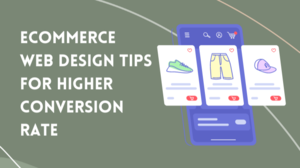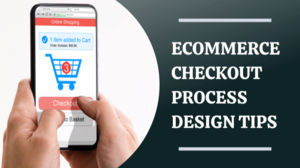How to Choose the Best Ecommerce Platform for a High-End Fashion Brand
For high-end fashion brands, an ecommerce store is more about a place where buying and selling happen—it is more like an extension of the brand’s identity. A website is seen as the digital equivalent of a flagship boutique, as it sets the tone for how customers perceive the style, values, and exclusivity.
Ask any luxury shopper, and you will see that everyone expects a seamless, personalised, and visually stunning online experience.
Even the smallest detail ends up influencing how they connect with a brand.
So, if you run a high-end fashion brand, choosing the right ecommerce platform is one of the most important strategic decisions you have to make. It is the right system you need to ensure your collections are showcased beautifully, support smooth performance across devices, and give customers the confidence to shop securely.
In this guide, we’ll walk you through the essential features when choosing the best ecommerce platform.
6 key features to look for in an ecommerce platform
When it comes to choosing an ecommerce platform for a high-end fashion brand, there are countless features one can consider, from design tools to backend capabilities and whatnot.
However, in order to deliver a truly premium shopping experience, a few core features are considered a must-have. Below are the must-have elements every luxury ecommerce platform should offer.
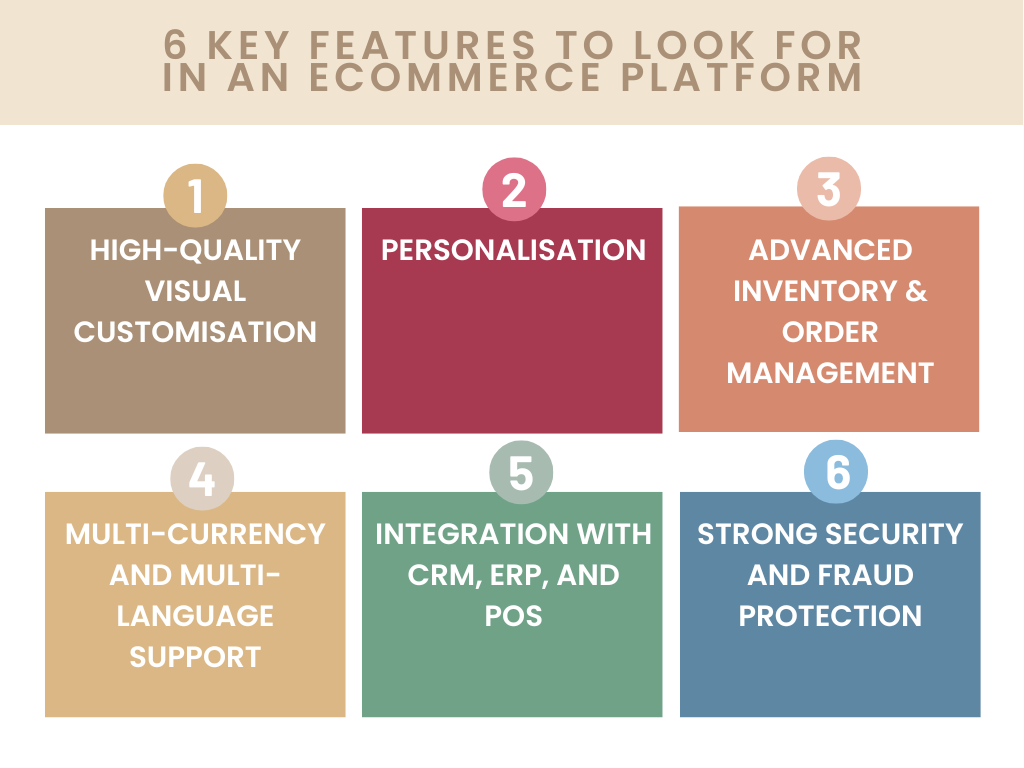
1. High-quality visual customisation
Your platform must support stunning visuals, including high-resolution images, videos, lookbooks, and elegant layouts. It will represent the craftsmanship of your brand while creating a premium, boutique-like browsing experience.
2. Personalisation
Luxury shoppers expect tailored experiences when it comes to shopping. So, your platform must support tools to suggest products based on browsing behaviour, purchase history, and preferences. It will help in making the shopping journey more exclusive.
3. Advanced inventory & order management
Most of the luxury brands often keep limited stock and multiple channels. So, you have to prioritise features that support real-time inventory syncing, smooth order handling, pre-order support, and smart forecasting to prevent overselling.
4. Multi-currency and multi-language support
Any global luxury brand needs cross-border selling. So, go for a platform that offers local languages, local currencies, and region-specific checkout options to create a smooth international experience.
5. Integration with CRM, ERP, and POS
Your platform should connect easily with customer management tools, stock systems, and point-of-sale software. It will not just help you in maintaining consistent service across online and in-store, but also give you a unified view of customers and operations.
6. Strong security and fraud protection
Top-tier security is a must for any high-value purchases. A platform needs to offer features like encryption, fraud detection, secure payments, and compliance tools to protect customer data and maintain trust.
A list of the top ecommerce platforms for high-end fashion brands
Here is a list of the top ecommerce platforms that are known for supporting premium brands. Check out the names.
1. Shopify Plus
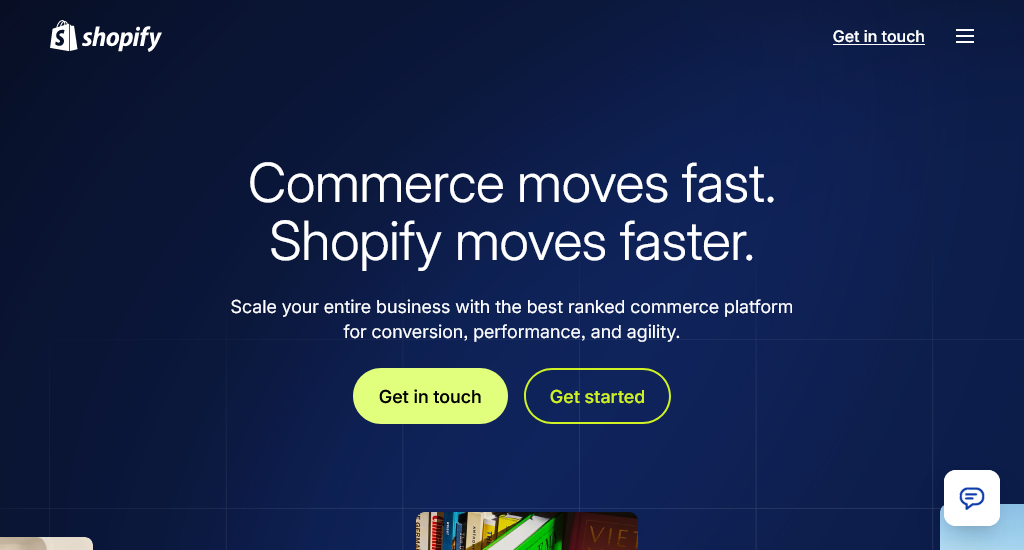
Shopify Plus is one of the most popular choices for luxury fashion brands. The sleek design capabilities, effortless usability, and enterprise-grade stability are some of the reasons that make it a crowd favourite. You don’t have to manage complex backend systems while delivering visually stunning shopping experiences.
Strengths:
- There are many premium, luxury-ready themes that offer design flexibility.
- It ensures faster and reliable performance with world-class uptime.
- It offers an extensive app ecosystem that is needed for feature expansion.
- You will get multi-store and global selling options.
- It offers easy management for non-technical teams.
2. Magento (Adobe Commerce)
.png)
Magento is considered an ideal platform for brands that look for full creative freedom and advanced control over their ecommerce operations. It is powerful and flexible, as well as supporting sophisticated catalogues, international expansion, and fully customised shopping experiences.
Strengths:
- There are unlimited customisation options for design and functionality.
- Enterprise-grade scalability is offered for large product ranges.
- It provides options for advanced multi-language and multi-store management.
- There are high-level security features and performance.
- You can maintain deep integrations with ERP, CRM, and business systems.
3. WebCommander
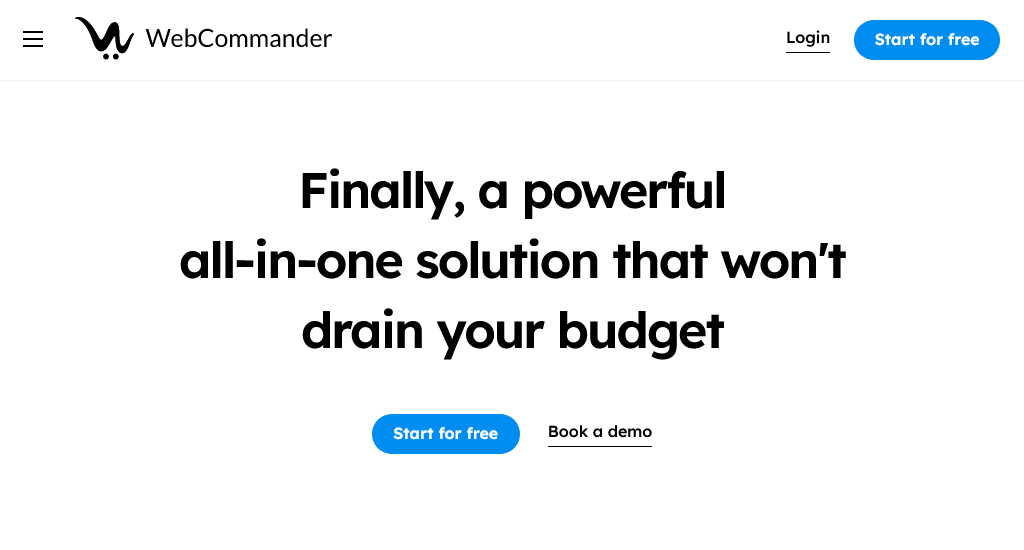
WebCommander is a strong option for those fashion labels that want a custom-built experience without any such complexity. It delivers fast performance, flexible design options, and built-in features tailored for retail. All these make the platform well-suited for premium brands.
Strengths:
- It offers strong customisation options for bespoke luxury storefronts.
- The fast loading speeds are ideal for high-quality visuals.
- There are built-in retail-focused features that reduce plugin dependency.
- Its SEO-friendly structure works great to boost organic visibility.
- The local Australian support ensures smoother development and maintenance.
4. BigCommerce Enterprise
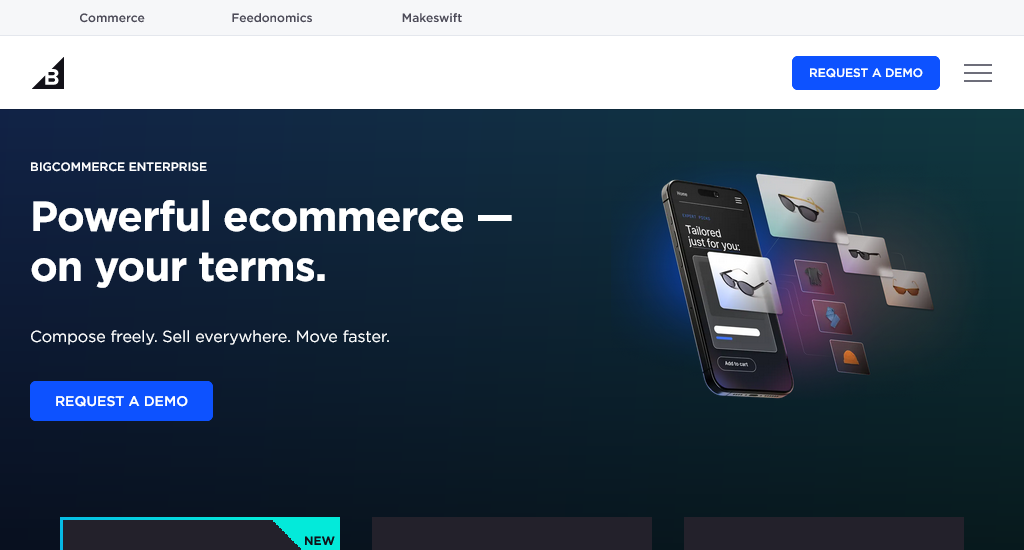
BigCommerce Enterprise maintains a balanced blend between simplicity and power. This makes it a great option for high-end fashion brands whose focus is on consistent growth. It offers strong native features with excellent SEO capabilities and smooth multi-channel selling across online platforms.
Strengths:
- There are rich built-in features that come without heavy reliance on apps.
- It ensures excellent SEO performance for long-term brand visibility.
- You can do multi-channel selling across marketplaces and social platforms.
- The API-first architecture offers flexible integrations
- The scalable infrastructure is beneficial for global expansion.
5. WooCommerce (WordPress)
.png)
WooCommerce is another perfect match for high-end fashion brands. It prioritises storytelling, editorial content, and complete design freedom. As the platform is built on WordPress, it offers unmatched flexibility for brands that want a custom look paired with rich brand narratives.
Strengths:
- It is highly customisable for unique branding and layouts.
- It is an ideal choice for content-driven luxury websites.
- The large plugin ecosystem helps in extending functionality.
- It is cost-effective and developer-friendly.
- Seamless integration with WordPress for superior content control.
A Simple Checklist to choose the best platform
1. Brand size and stage
Before you commit to a platform, you have to consider where your brand currently stands. If it is a start-up or emerging fashion label, you have to prioritise affordability, ease of use, and quick setup.
But for an established or well-known high-end fashion brand, you will need advanced features such as multi-store management, personalised customer journeys, and deeper backend integrations.
2. Growth plans
You have to think about where your brand will be a year from now.
- Do you plan to expand internationally?
- Do you want to launch new product lines?
- Do you want to introduce omnichannel selling with pop-up stores?
You have to focus on your growth ambitions to choose a platform. You have to choose platforms that allow you to add new features, handle higher traffic, and manage more complex operations without rebuilding your store from scratch.
3. Design expectations
You have to consider how much creative control you want over the look and feel of your website. If you need to build a highly customised interface, bespoke animations, or rich storytelling layouts, pick a platform that supports advanced design flexibility. For example, platforms like Magento or WebCommander offer deeper design control, while Shopify Plus provides polished templates with enough adaptability.
4. Technical capacity
It is a must-do to evaluate your team’s technical skills. Some platforms are plug-and-play and work best for brands that have minimal technical resources, while others require ongoing developer involvement for updates, customisation, and maintenance.
If you need a low-maintenance option, a hosted platform like Shopify Plus will be ideal. But if you have an in-house development team or partner agency, open-source platforms like Magento or WooCommerce will offer greater flexibility.
5. Budget
High-end fashion ecommerce comes with varying cost levels depending on the platform.
Subscription-based platforms often seem cheaper upfront, but later customisation, apps, and transaction fees can add up to more fees. On the other hand, fully custom or enterprise-level solutions take larger initial investments while offering superior control and scalability.
So, choose a platform that aligns with your budget and ensures long-term sustainability without compromising the luxury experience your customers want to experience.
Final words
In luxury fashion, an online store is a place where a brand story comes alive. When you have the right ecommerce platform, you will have the freedom to meet your customers exactly where they expect you to be: polished, intuitive, and most importantly, premium.
No matter whether you lean toward a sleek hosted solution or a fully customised build, the goal remains the same: to create an online home that feels as exclusive and refined as the products you offer.




![How to Start an Ecommerce Business in Australia [2023 Guide]](/template/e27cf56f/images/resource-blog-right-img1.png)
